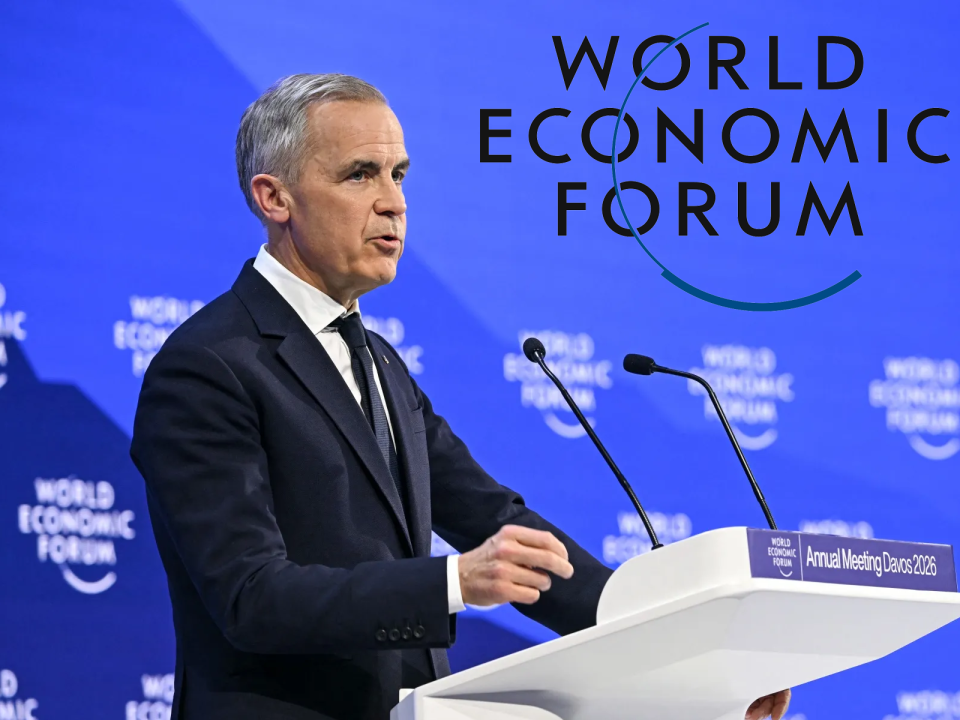
INNOVATIVE President Greg Lyle spoke today to energy regulators at the 2023 CAMPUT Conference on key opinion trends related to the energy transition and energy regulations. Lyle’s presentation included new results from an online poll of 3,680 Canadians conducted from April 6th to May 1st, 2023, as well as results from a fall poll on energy infrastructure. Due to regional oversamples, the results were weighted down by age, gender, education, and region to a national sample of 2,000.
Canadians’ awareness of climate has been fairly stable in INNOVATVE polling since 2008. While the percentage of people who believe that climate change is ‘definitely occurring’ moved up from the low 50’s in the first decade of the millennium to the low to mid-60s in 2015, it has been stable since then.
Support for a carbon tax is also stable. The April survey repeated a question on support for a carbon tax from 2008 and found only a 3-point difference in support and no change in opposition (34% support and 37% opposition in April).
INNOVATIVE’s tracking on energy transition began in 2019. Awareness has gone up and down since then with no clear pattern. On first impressions, more Canadians feel that the energy transition is a good thing (41%) than a bad thing (10%). However, Canadians are more divided when asked whether they expect the energy transition to have a positive (26%) or negative (26%) impact on their finances.
One thing that is changing is support for the transition skeptic narrative. Support for the skeptic point of view has grown from 29% to 40% since 2021 while support for the pro-transition viewpoint is fairly stable at 39%.
INNOVATIVE’s tracking on infrastructure goes back 10 years to 2013. Our fall 2022 study shows that social permission for projects being built near respondents’ homes has also held fairly stable with 43% saying the nearest project is a good thing for the community and they support it, and 28% saying it is something they don’t like, but feel is necessary.
INNOVATIVE’s April survey also included attitudes regarding the regulatory environment. Canadians are generally divided on whether regulatory decisions are transparent, consumers protected, and utilities held accountable. People who agree the system is delivering good regulatory outcomes are far more willing to pay more for electricity to fund the energy transition than those who do not.


































